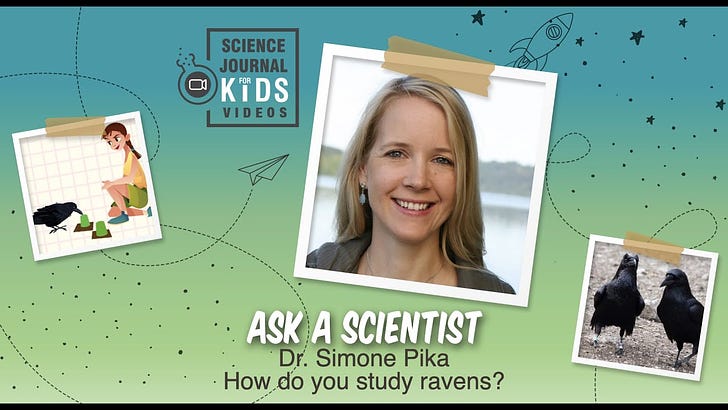February 2023 Newsletter
Monthly roundup: medieval parasites, raven intelligence, and a brand-new podcast
Hello,
Happy February! This month, we’ll be hosting a short live informational session online for teachers who'd like to explore our available resources and receive helpful tips on using them effectively in the classroom. Watch this video invite to learn more:
The session will be held at 5 pm EST on Tuesday, Feb, 7th. If you’re interested in joining us, make sure to pre-register by clicking below!
Check out our new adapted scientific article this month:
In What was life like in medieval England?, researchers investigated parasitic worm infections in friars and common laborers during the Middle Ages. #Paleoscience #Archeology #InfectiousDisease
This article comes with a Lesson Idea video going over some related resources we’ve compiled and a fun activity where students get to investigate different parasites!
Our second article: How can the eruption of a volcano affect the ocean everywhere on Earth? explains how a volcanic eruption can create atmospheric waves and generate tsunamis. #EnvironmentalScience #Climate
That’s not all!
We also have a new Ask-a-Scientist video from Dr. Simone Pika. Watch it to learn about what it’s like to study ravens:
Read more about Dr. Pika’s research into the behavior of ravens in the adapted article: How do ravens’ thinking skills compare with apes’?.
Finally, we’ve launched a brand-new Ask-a-Scientist podcast. Listen to our first episode, where Dr. Russell Bicknell has a conversation with us about what makes horseshoe crab blood so special (spoiler alert: it’s blue!) and how he cultivated his paleontological passion.
These are high-quality FREE science teaching resources. Please, share with educators in your networks!
Happy science exploration!
Tanya Dimitrova
Founder and Editor



